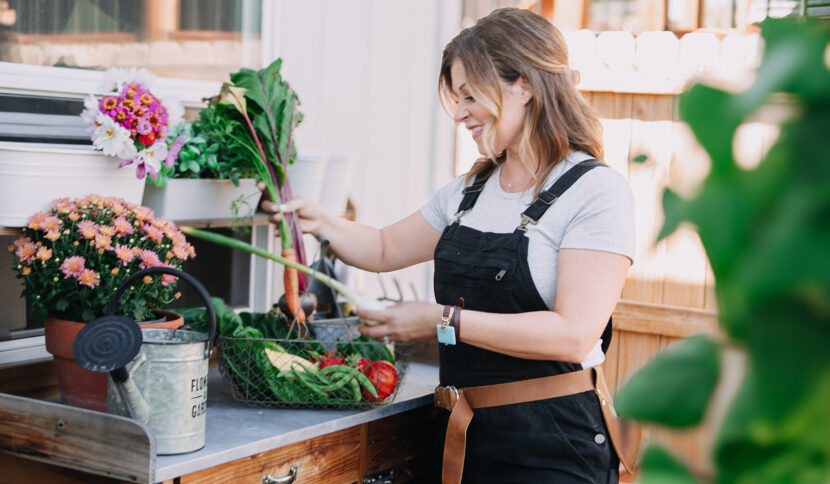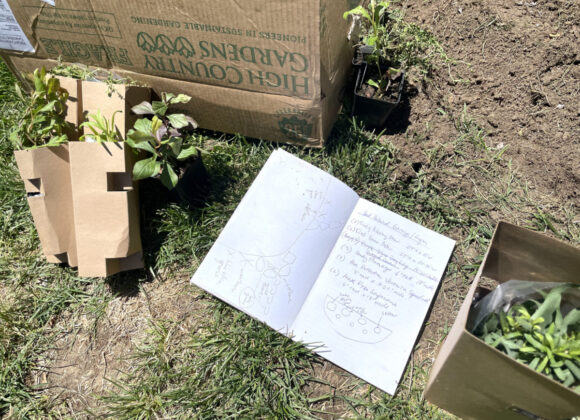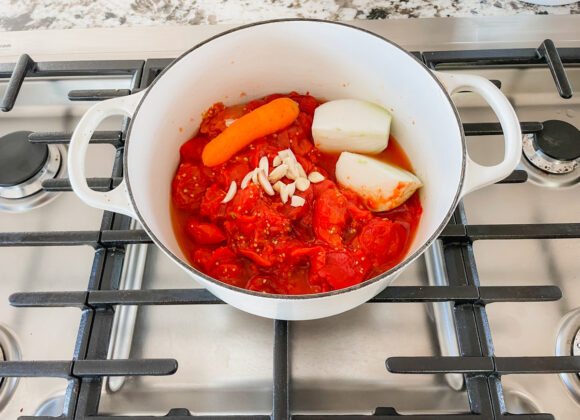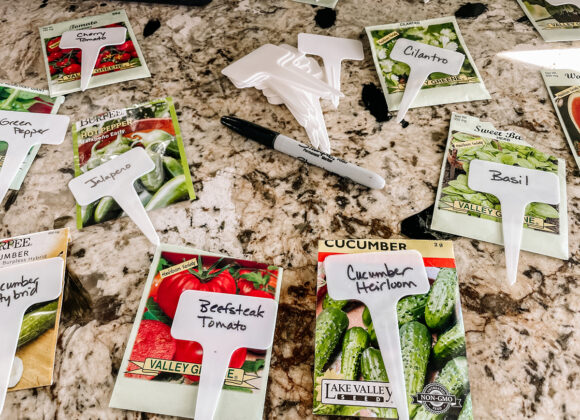Are you ready to dig deep and cultivate your own vegetable garden right here in the Mile High City? Well, you’ve come to the right place! I’m here to share my personal Denver vegetable garden tips for successfully growing vegetables in our unique and challenging dry Denver climate. Get ready to roll up your sleeves, embrace the adventure, and savor the bountiful rewards that come with growing your own veggies!
Understand Denver’s Dry Climate
Denver’s high altitude and dry climate present their own set of challenges for vegetable gardening. Our short growing season, intense sunlight, and sudden temperature fluctuations require careful planning. But by keeping a watchful eye on weather forecasts (especially in early Spring and Fall when we can have hot temps followed by snow or even hail), you’ll be able to successfully grow vegetables in Denver in no time!
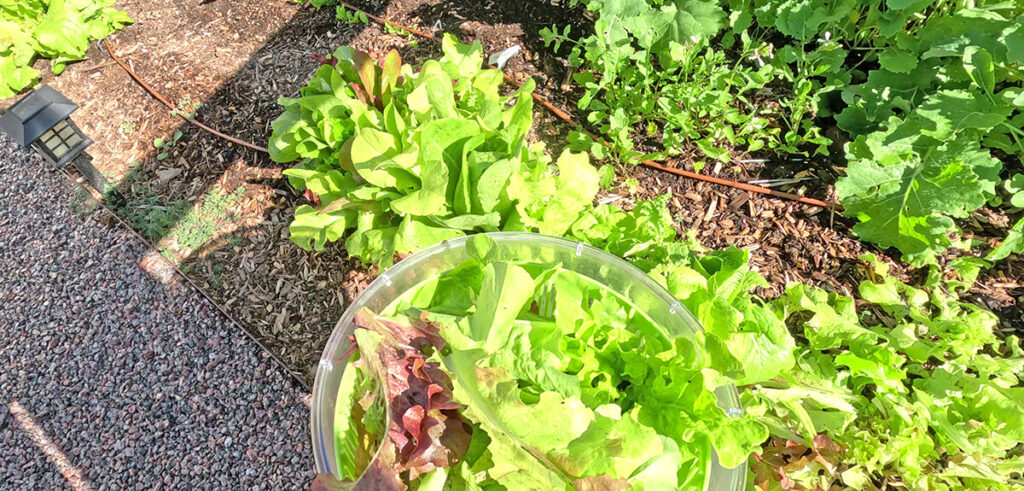
Choose the Right Vegetables
Opting for veggies well-suited to Denver’s climate is half the battle won. Aim for cool-season crops like lettuce, spinach, kale, and radishes, which thrive in our cooler springs and early falls which may get cooler quickly. Warm-season crops like tomatoes, peppers, and squash (and any veggie that likes the heat) can also be successful with the right strategies and proper care. Beans, peas, broccoli, brussels sprouts, carrots, beets and a variety of herbs all do well in a Denver vegetable garden.
Timing is Everything when Growing Your Denver Vegetable Garden
Denver’s unique climate necessitates mastering the art of timing and implementing a plan your garden. So it tops our list of Denver vegetable garden tips. Start sowing cool-season crops as soon as the soil can be worked in early spring, often as early as April or May. For warm-season crops, wait until after the last frost, typically around mid-May. To get a jump start on your growing season, consider starting your vegetable plants early from seed indoors. And at the end of the Denver growing season, you can use season extenders like row covers or greenhouses.
Soil Preparation: Colorado’s Clay Soil
Healthy soil is the foundation of a successful vegetable garden. Ensure your soil is well-draining and rich in organic matter. Denver soil tends to be relatively poor in organic matter and nutrients, with a high clay content. The soil in the Denver area is often referred to as “Colorado clay soil.” This clay soil has a heavy texture and tends to compact easily, making it difficult for plant roots to penetrate and for water to penetrate deeply.
Despite these challenges, Denver soil can be improved with proper soil amendments and management techniques. Adding organic matter such as compost, aged manure, or leaf mold can help improve soil structure, increase nutrient levels, and enhance water retention. Incorporating organic matter into the soil can also promote beneficial microbial activity and improve overall soil health.
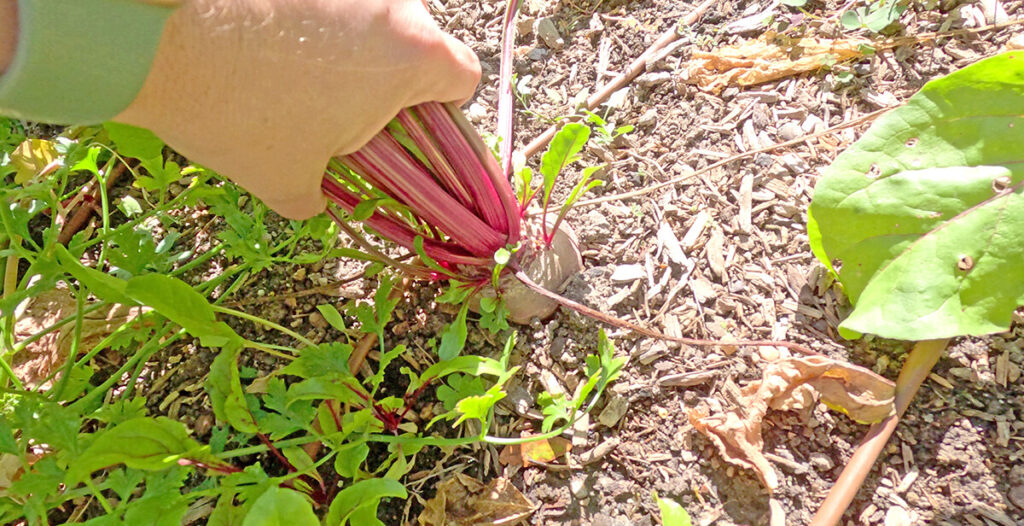
Adequate Watering of Your Colorado Vegetable Garden
Of all the tips for growing vegetables in Denver, this is probably one of the most important. Colorado’s dry climate means your vegetables will need regular and consistent watering. I moved to Denver from the Midwest. I was so shocked my first year gardening here how little rain fall we actually get in the summer. What just grows naturally everywhere in the Midwest without a lot of hand watering, does NOT here in Denver.
Experiment with drip irrigation, soaker hoses, or hand watering to ensure your plants receive deep, thorough hydration. Remember, a moist but not waterlogged soil is key to supporting robust root growth.
I highly recommend installing a drip irrigation watering system on timers. For me, they worked much better than soaker hoses. Drip irrigation delivers water directly to the base of plants, minimizing evaporation and runoff. This targeted approach ensures that water reaches plant roots where it’s needed most, maximizing water efficiency. And drip irrigation can be easily customized to your garden bed size and shape, ensuring water gets directly to your plants.
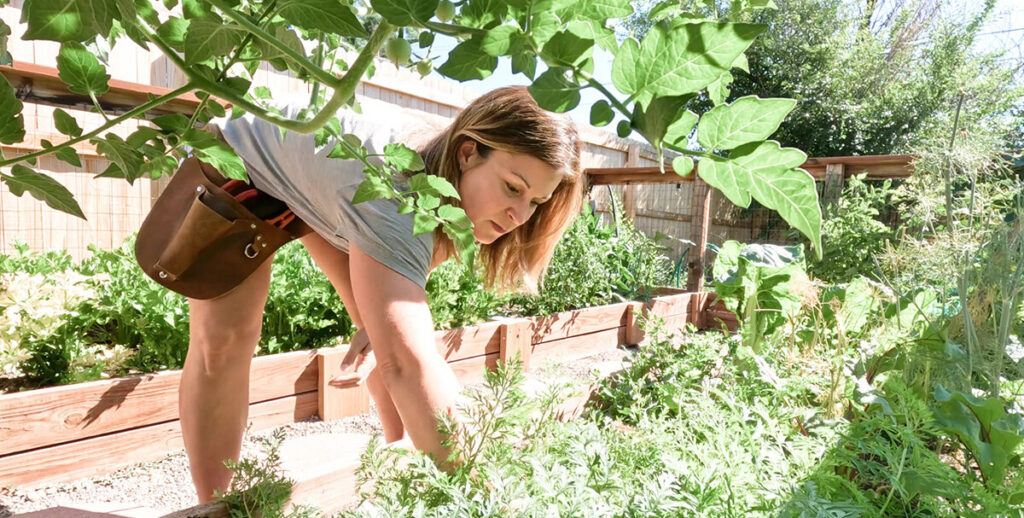
Protect from Wind, Hail (and even Late/Early Season Snow)
Our intense Colorado sun can scorch delicate vegetable leaves, so providing some shade during the hottest part of the day can help prevent sunburn. Additionally, fierce winds can damage or stunt the growth of your plants. Consider using windbreaks like trellises or planting tall crops to provide shelter to more delicate vegetables.
Denver Spring weather can also bring strong winds and hail which can wreak havoc on your Denver vegetable garden. Have a plan in place whether that’s covering plants with tarps or tents, overturned pots or anything to protect new plants especially.
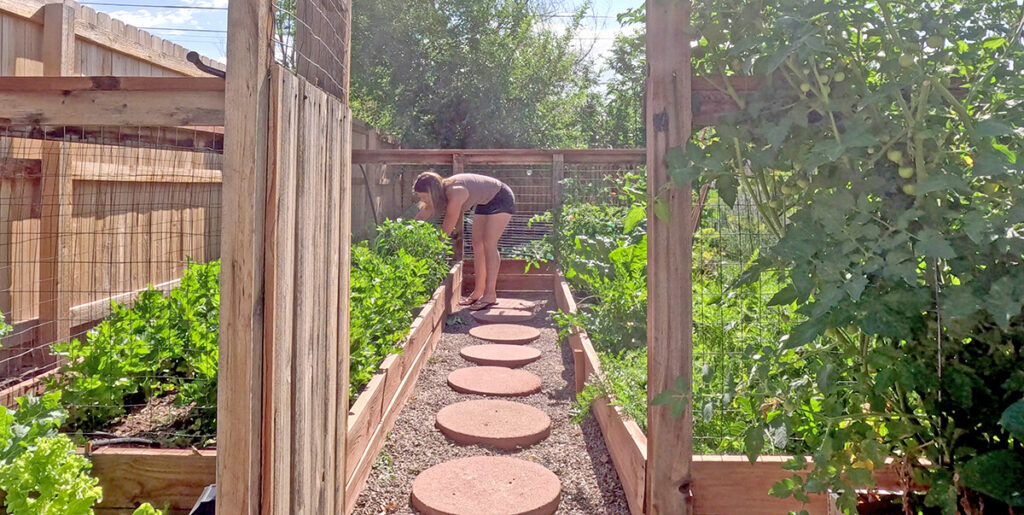
Conclusion: Tips for Growing Vegetables in Denver
Armed with these expert tips and your own adventurous spirit, you’re well-equipped to tackle the unique challenges of gardening in the Mile High City. Remember, it’s not just about growing vegetables—it’s about nurturing your love for gardening and embracing the joy of discovering something new each season. It’s rewarding to grow food in this climate! And it truly isn’t really that difficult.
Keep experimenting, keep learning, and above all, keep sharing your experiences with our thriving Denver gardening community!


